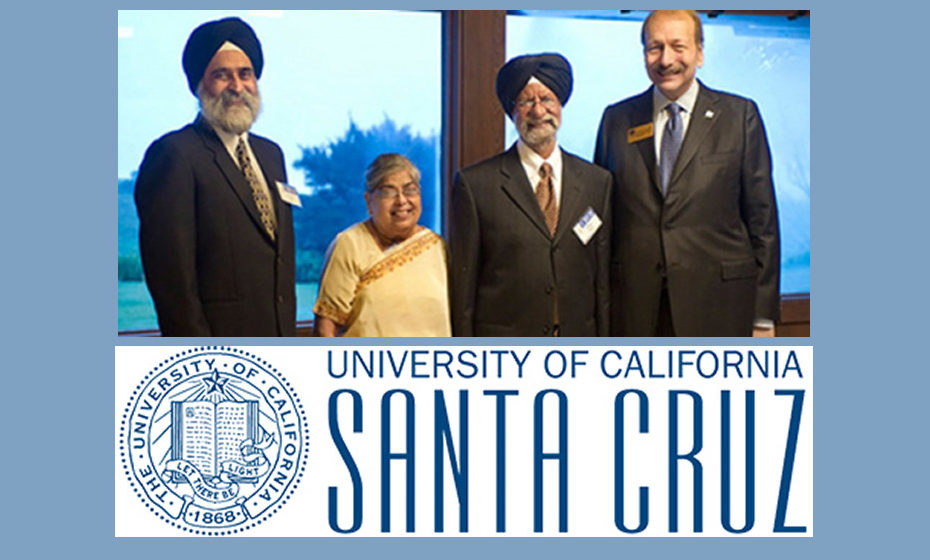The Sarbjit Singh Aurora Chair in Sikh and Punjabi Studies was established through the Sikh Foundation by Hardit and Harbhajan K. Singh in memory of their son, Sarbjit Singh Aurora. The position supports research and teaching in Sikh and Punjabi studies from a multicultural and global perspective.
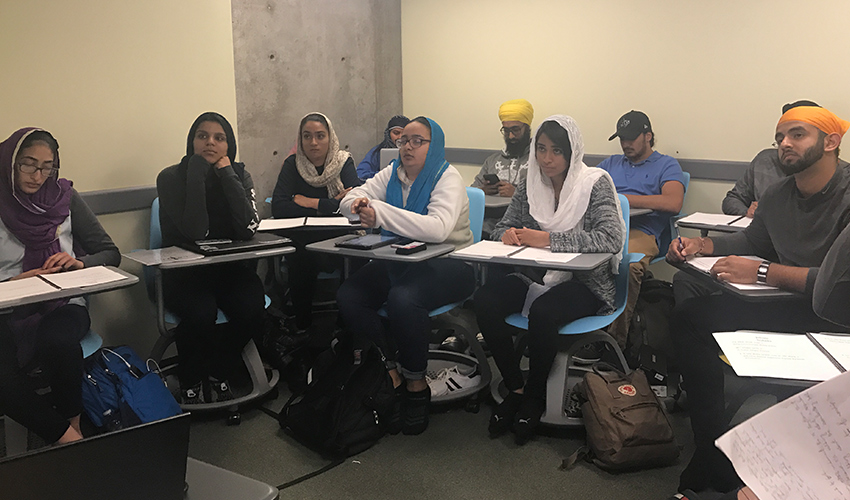
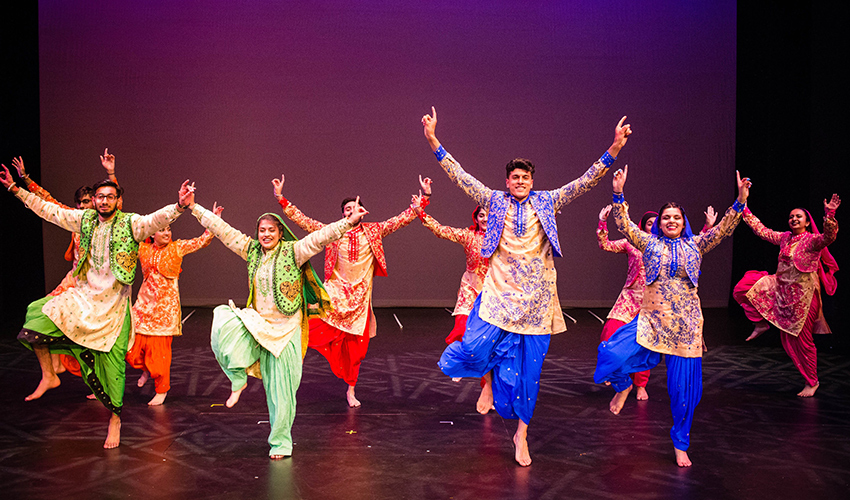
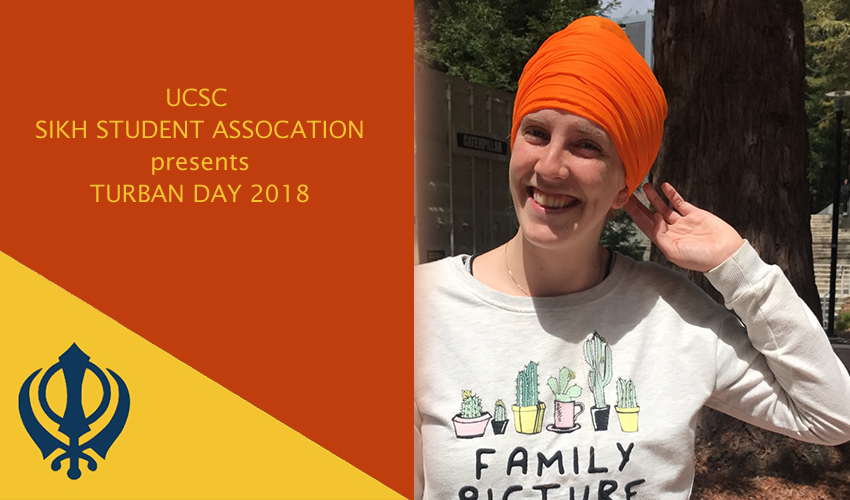

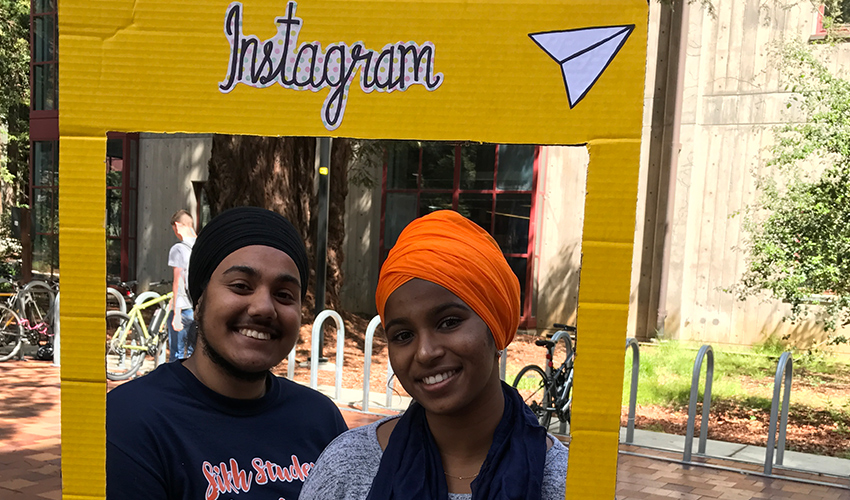
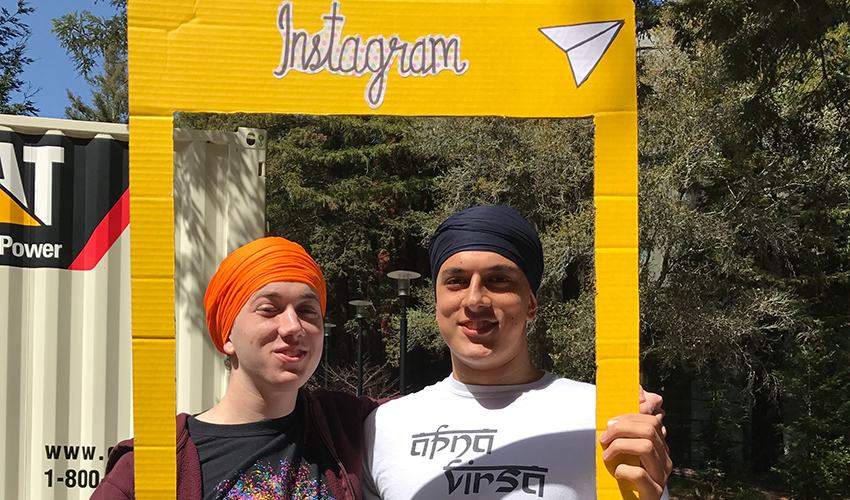
Activities of the UCSC Sikh Student Association.
Activities of the UCSC Sikh Student Association.
Activities of the UCSC Sikh Student Association.
Activities of the UCSC Sikh Student Association.
Activities of the UCSC Sikh Student Association.
Activities of the UCSC Sikh Student Association.
The Sarbjit Singh Aurora Chair adds to the scholarship of Sikh and Punjabi Studies in areas that are as yet under-represented, including economy and society. The position charts a new and much-needed direction in Sikh and Punjabi Studies, and brings Sikh Studies scholars together in a discussion of an enlarged perspective of Sikh and Punjabi Studies. The position aides in fulfilling the University of California’s mission to serve the population of the state, including its vibrant and long-present Sikh community. The Chair collaborates with Sikh Studies chairholders at UC Santa Barbara and UC Riverside to help provide access for UCSC students to the rich offerings in Sikh and Punjabi Studies at those campuses.
Current Chair Professor Nirvikar Singh brings both a rich heritage and strong research and teaching acumen to the position, and brings both expertise and experience as a longtime member of the faculty in Economics at UCSC. His research and published articles in this area have included work on healthcare systems in Punjab, the Punjab economy, comparison of past conflicts in Punjab and Kashmir, Sikh literature as an agent of social change in the early 20th century, and analysis of the fundamental doctrines of Sikhism in historical context. Professor Singh is also one of the leading scholars on India’s political economy, and has researched and published extensively on topics such as federalism, governance, and macroeconomic policies.


